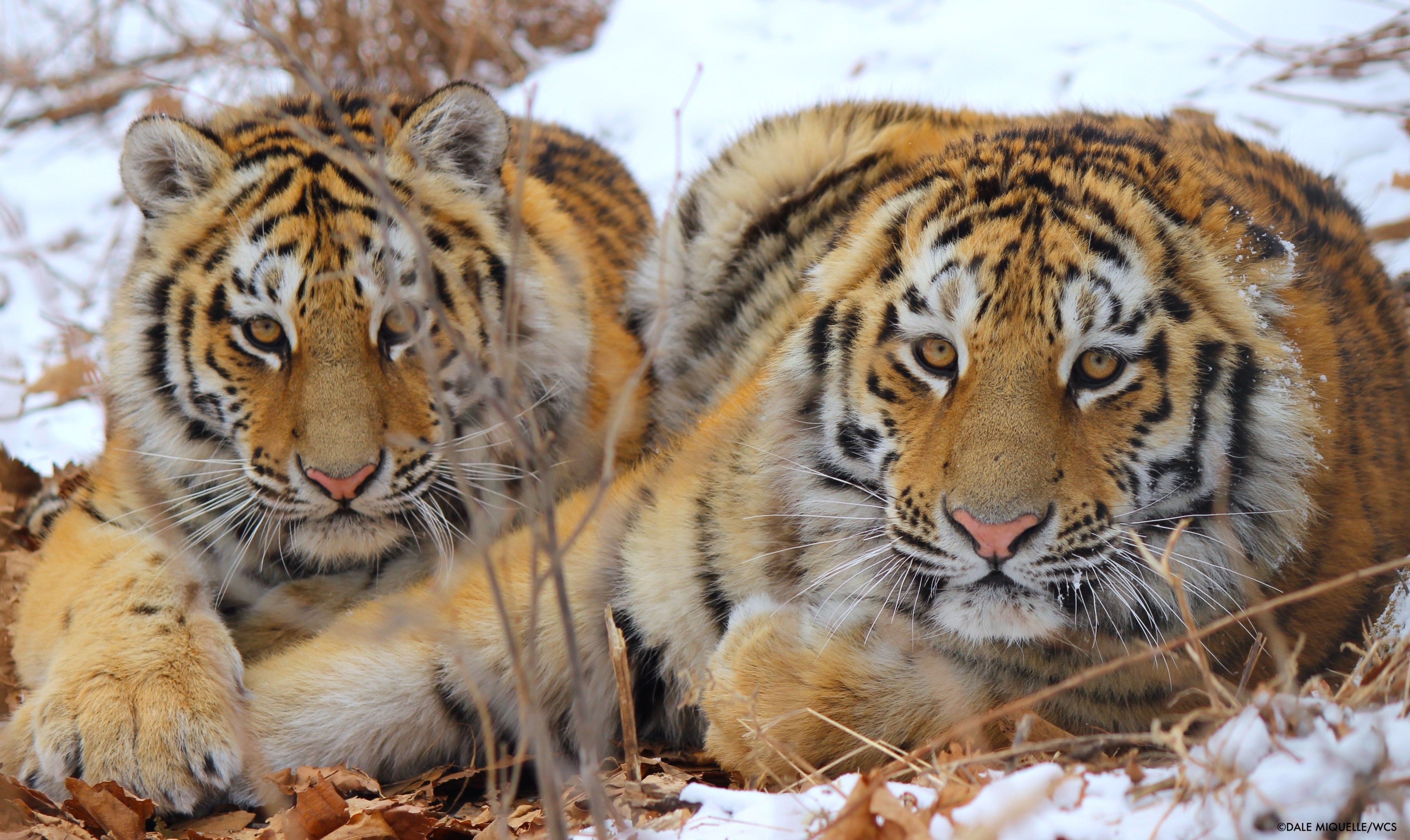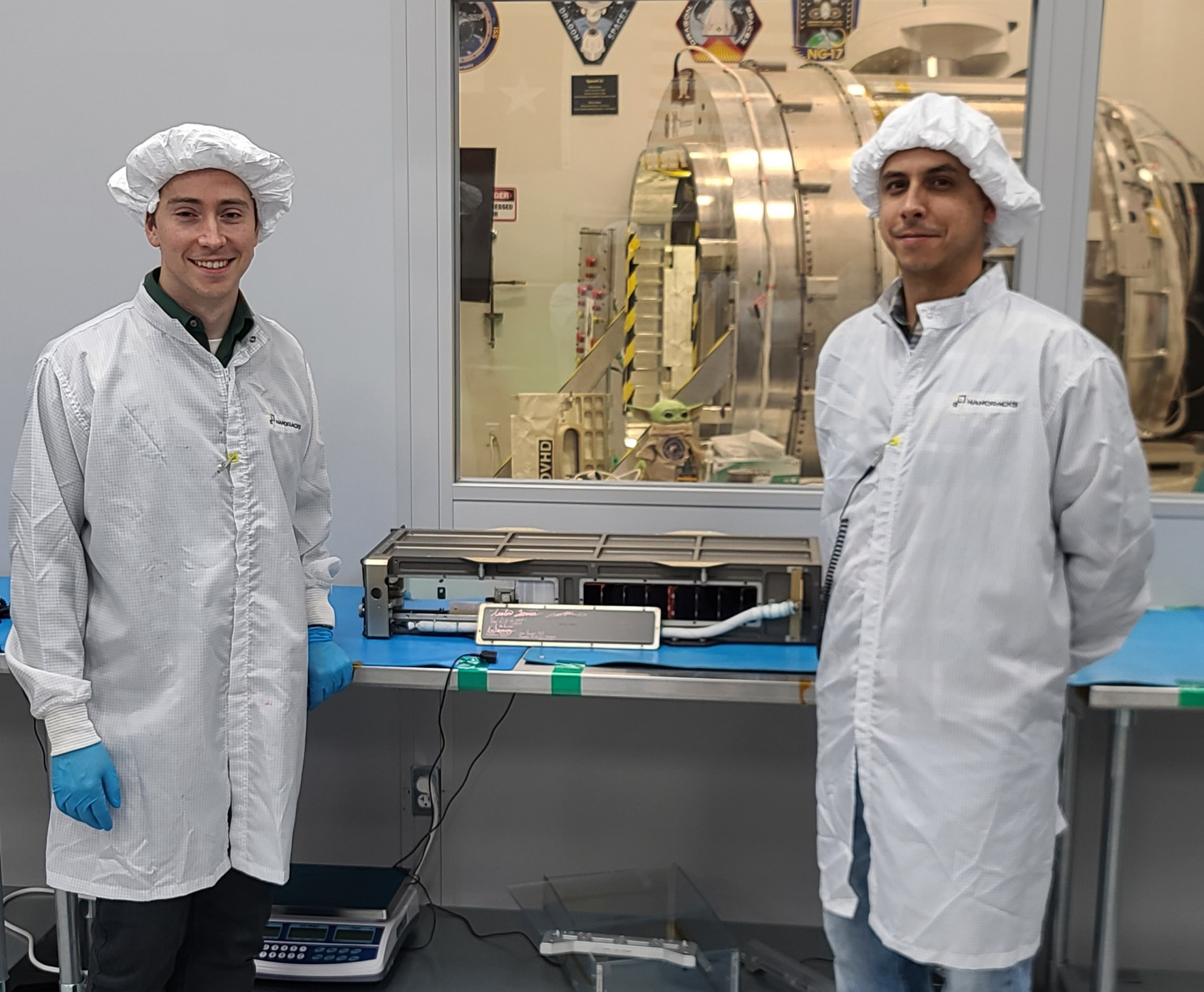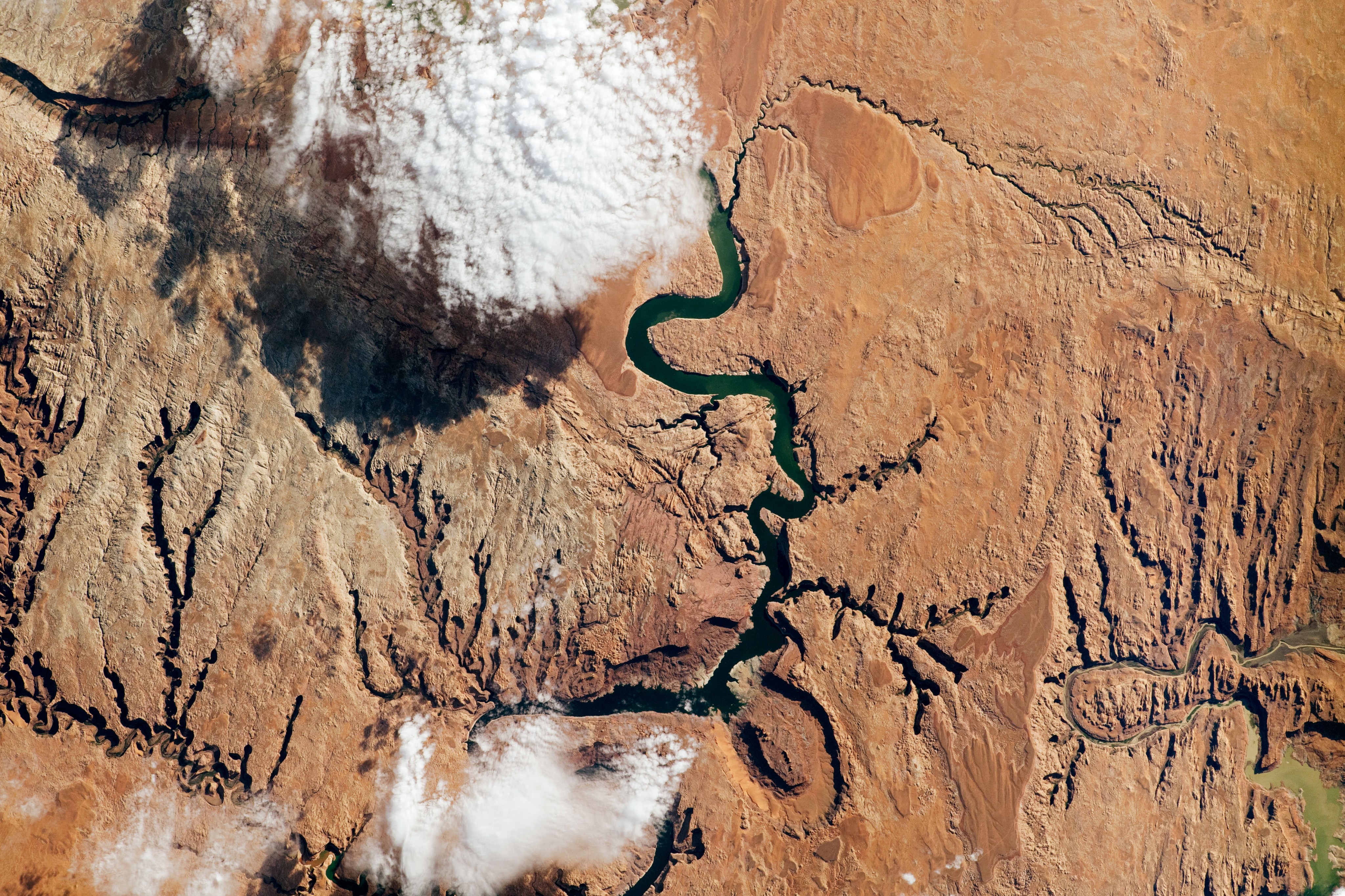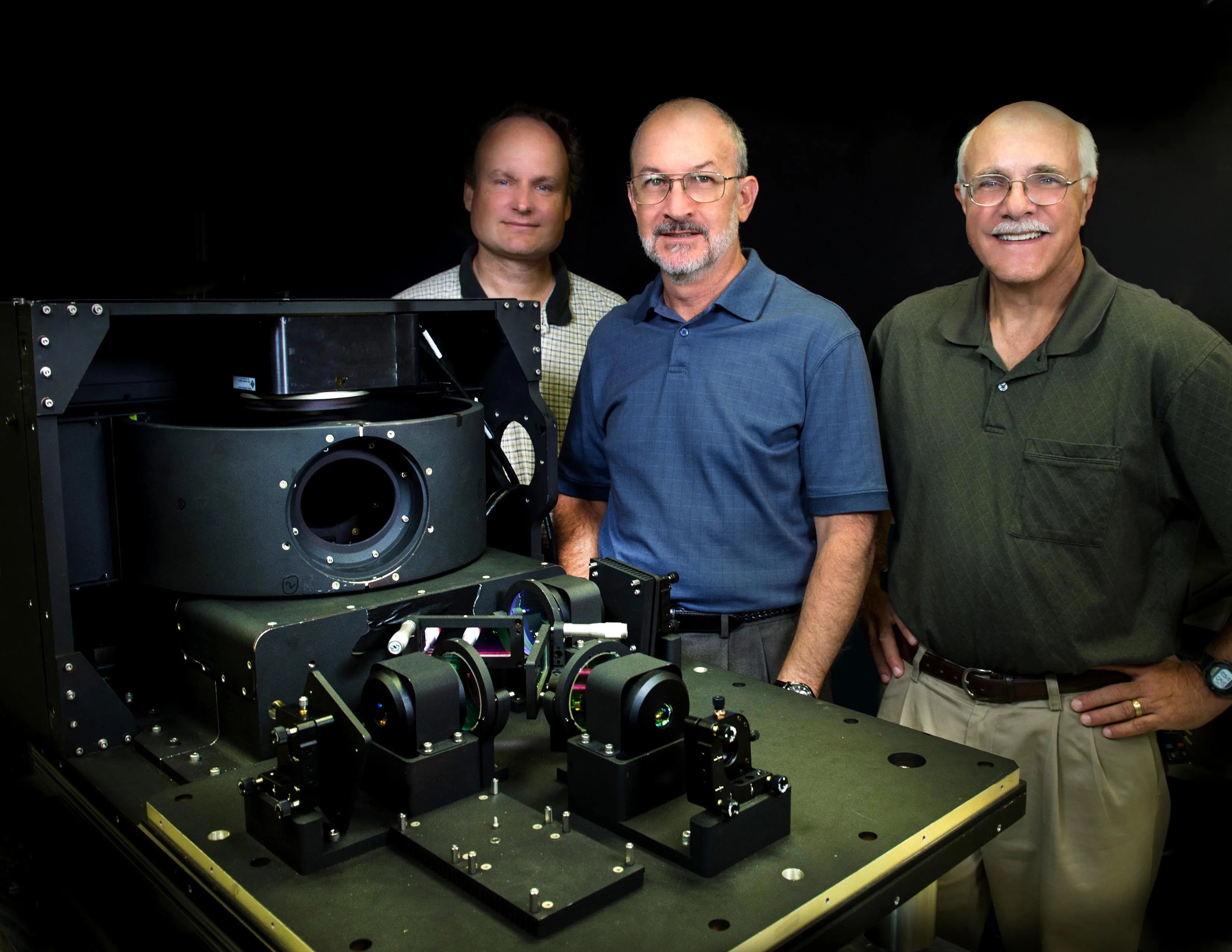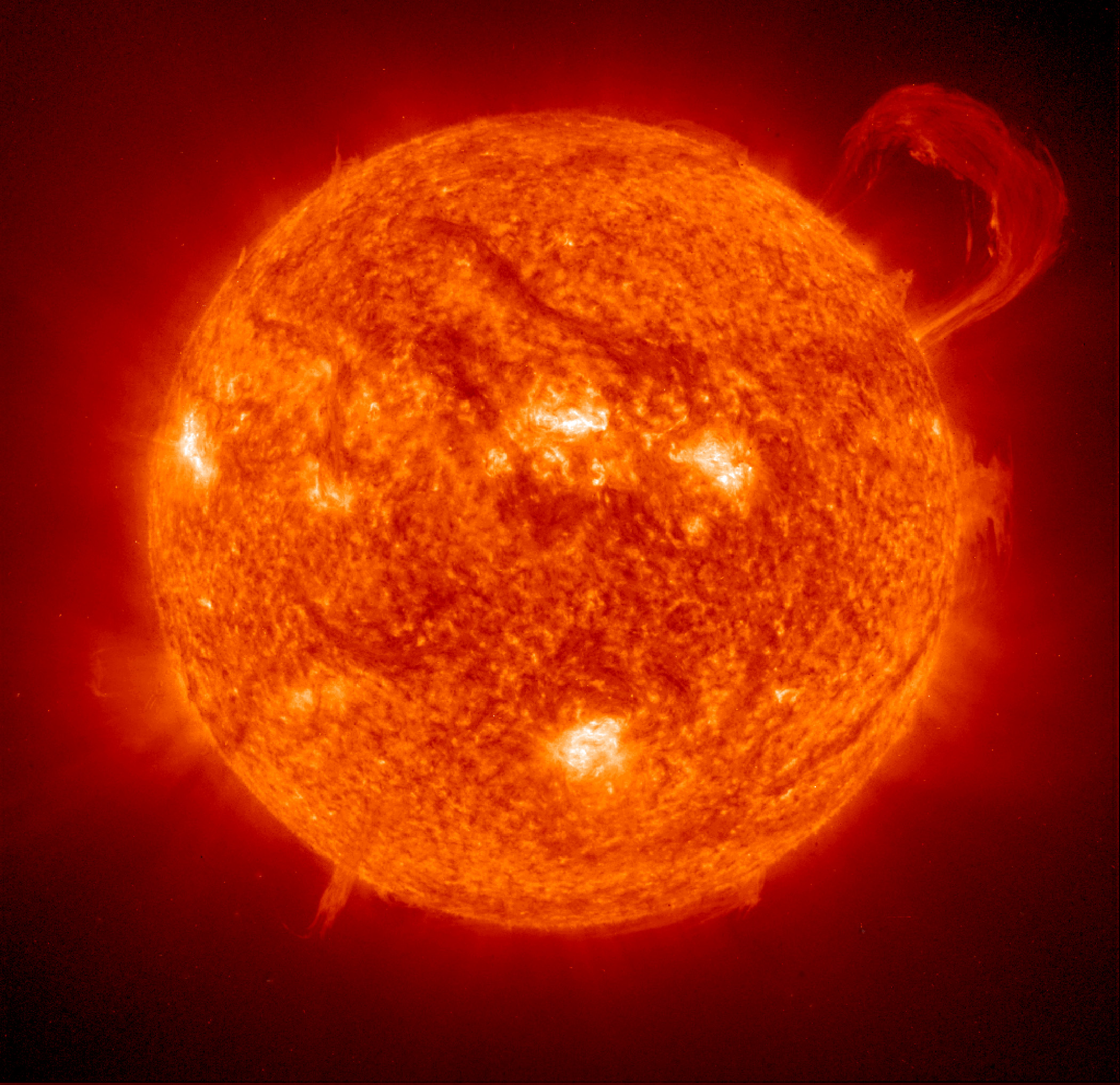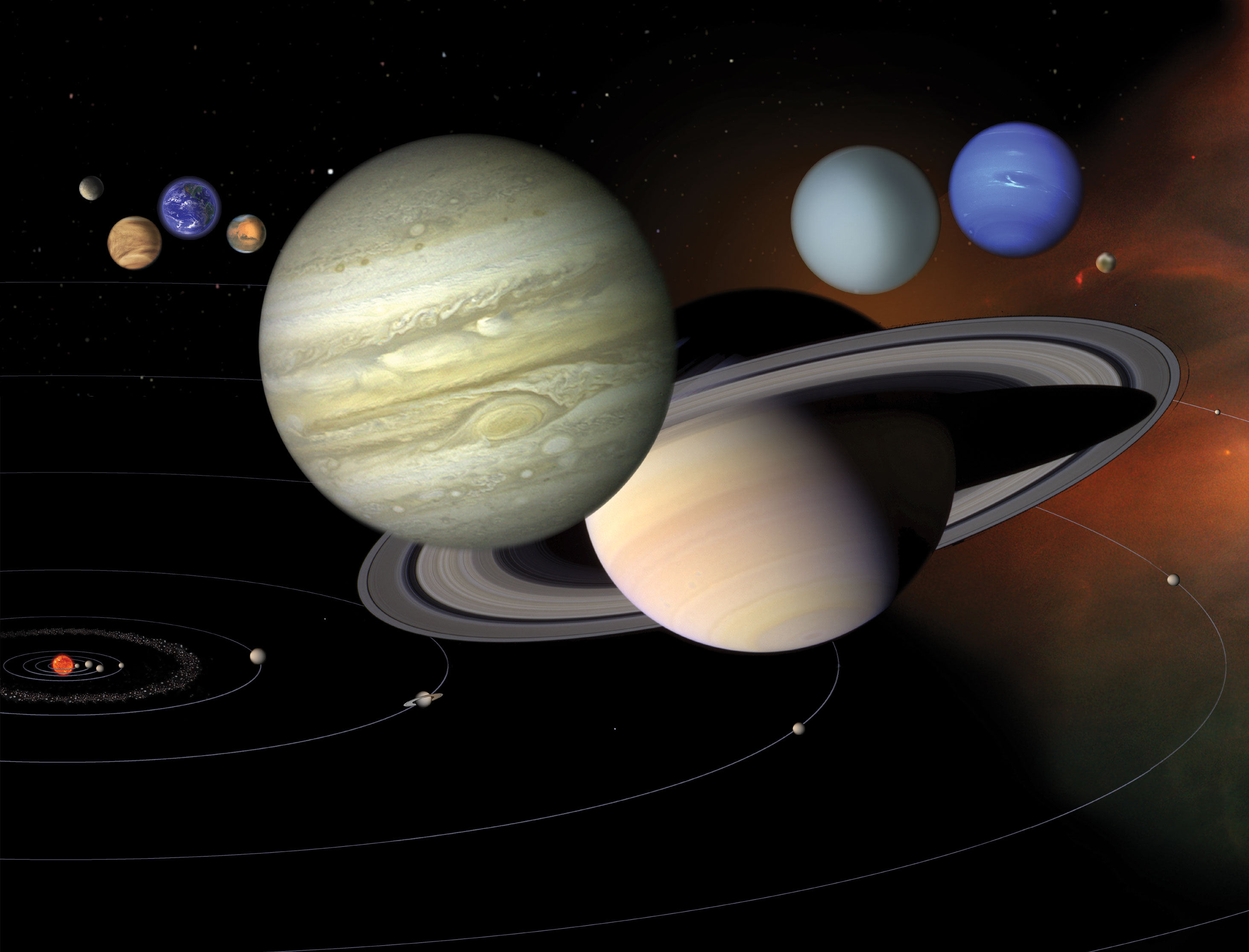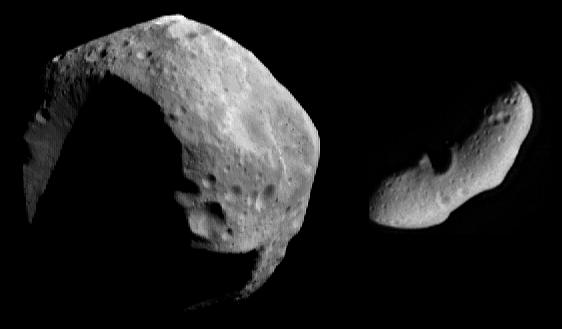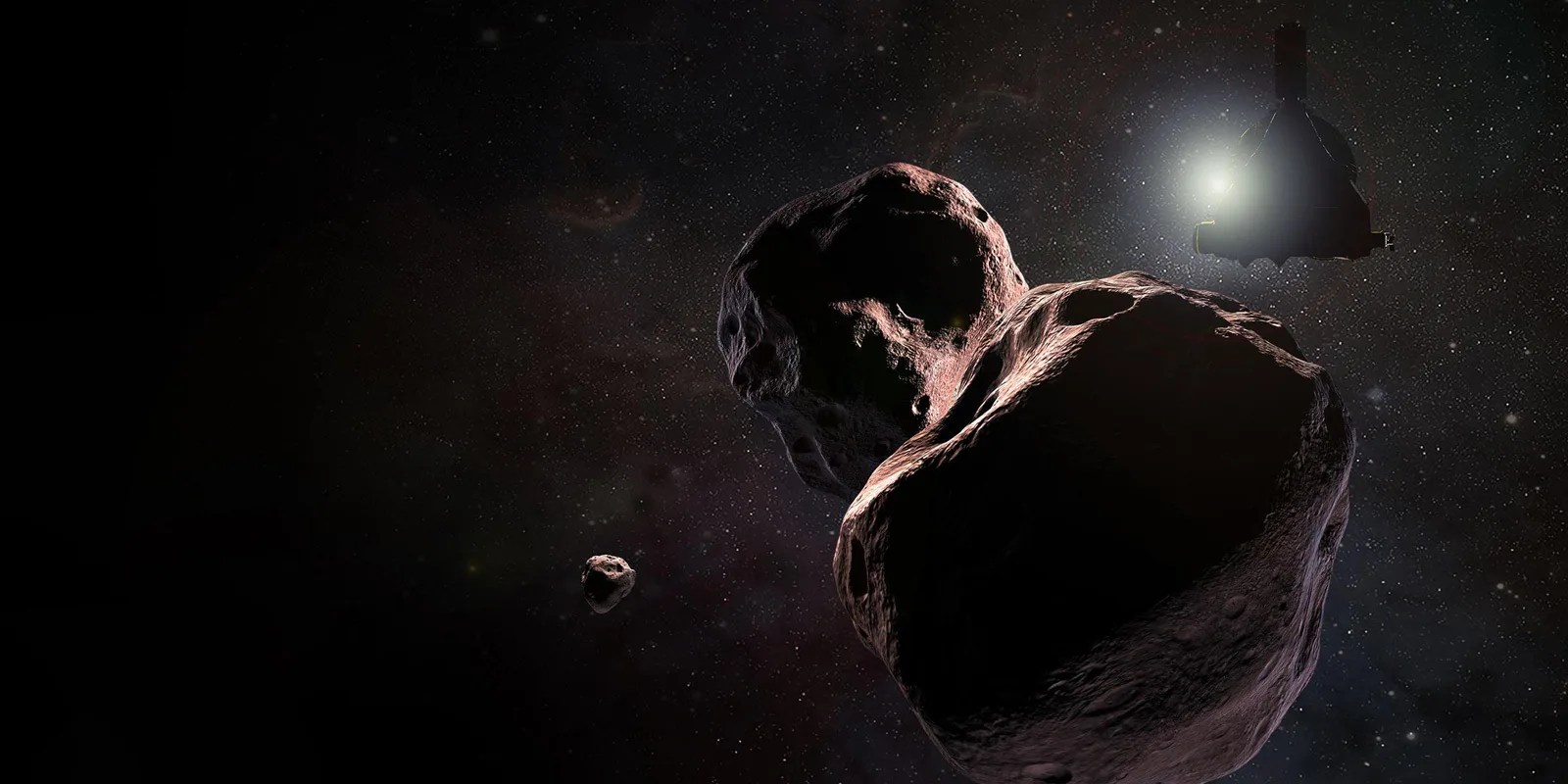Earth: Exploration
Earth: Exploration
The first scientific discovery in outer space was made in Earth orbit when NASA's Explorer 1 found the Van Allen Radiation Belt in 1958. Since then, Earth has been under constant study.
Earth is made up of complex, interactive systems that create a constantly changing world that we are striving to understand. From the vantage point of space, we are able to observe our planet globally, using sensitive instruments to understand the delicate balance among its oceans, air, land, and life. NASA satellite observations help study and predict weather, drought, pollution, climate change, and many other phenomena that affect the environment, economy, and society.
Latest News
Keep Exploring


